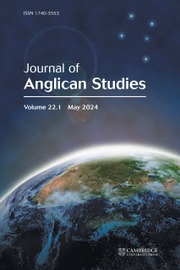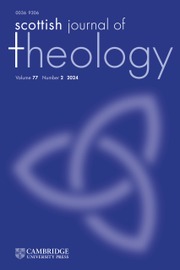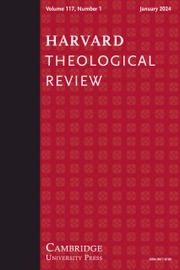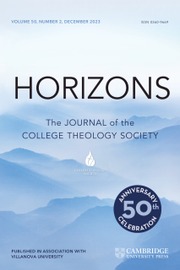Reviving Jewish Theology
In this study, Steven Kepnes constructs a 'positive' Jewish theology, one that gives expression to God's nature and powers and that opposes 'apophatic' Holocaust and postmodern theologies that deny the ability of language to express God's nature. Drawing from the Pentateuch, Prophets, and Jewish prayer, Kepnes also uses methods from medieval philosophy, analytic philosophy, and hermeneutics. From medieval philosophy and the Bible, Kepnes develops what he calls a 'soft' metaphysics with principles of God and the revealed Torah at its center. Identifying a fundamental contradiction between the transcendent God of philosophy and the personal God of the Bible, he demonstrates how analytic philosophy, Jewish hermeneutics, and Jewish liturgy offer constructive strategies to negotiate this contradiction. Kepnes also argues that Jewish theology can neither remain in the domain of metaphysics nor the nature of God, but must turn toward the practical and ethical. He concludes with a call for a prophetic theological ethics to address the pressing issue of climate change.
- Engages science and philosophy with Torah, showing how Jewish theology is applicable to the contemporary world
- Presents Jewish theology as positive theology, showing how it can be both practical and ethical
- Employs medieval philosophy, analytic philosophy, hermeneutics and prayer in the theological venture
Reviews & endorsements
‘Steven Kepnes has long been one of the most thoughtful voices in the Jewish theology, and in this masterful book, he brings together a deep wisdom about Jewish thought, a wide-ranging perspective on the history of theology, and an urgent call a new theological discourse, one that can allow us to repair the world.' Laurie Zoloth, Margaret E. Burton Professor of Religion and Ethics, University of Chicago
Product details
October 2025Hardback
9781009399708
350 pages
228 × 152 mm
Not yet published - available from October 2025
Table of Contents
- Part I. Introductions:
- 1. The immanent frame and the need for Jewish metaphysics
- 2. Post-holocaust theology: the passive God and the apotheosis of evil
- 3. Radical apophatic Jewish theologies from Boyarin to derrida to Wolfson
- Part II. Reviving Jewish Theology:
- 4. A soft metaphysics for Jewish theology
- 5. Two methods for Jewish theology: analytic philosophy and Hermeneutics
- Part III. Program For a Positive Jewish Theology:
- 6. A new natural Jewish theology: probability and the recovery of teleology
- 7. Seeing and not-seeing, saying and not saying, 'God': two approaches to the contradiction between the God of absolute being and the personal God
- 8. A theological hermeneutics of Jewish liturgy
- Part IV. Prophetic Jewish Theological Ethics:
- 9. Retrieving Cohen and Heschel on prophetic ethics
- 10. The climate crisis and prophetic Jewish theology: a Jewish theology of sustainability.










